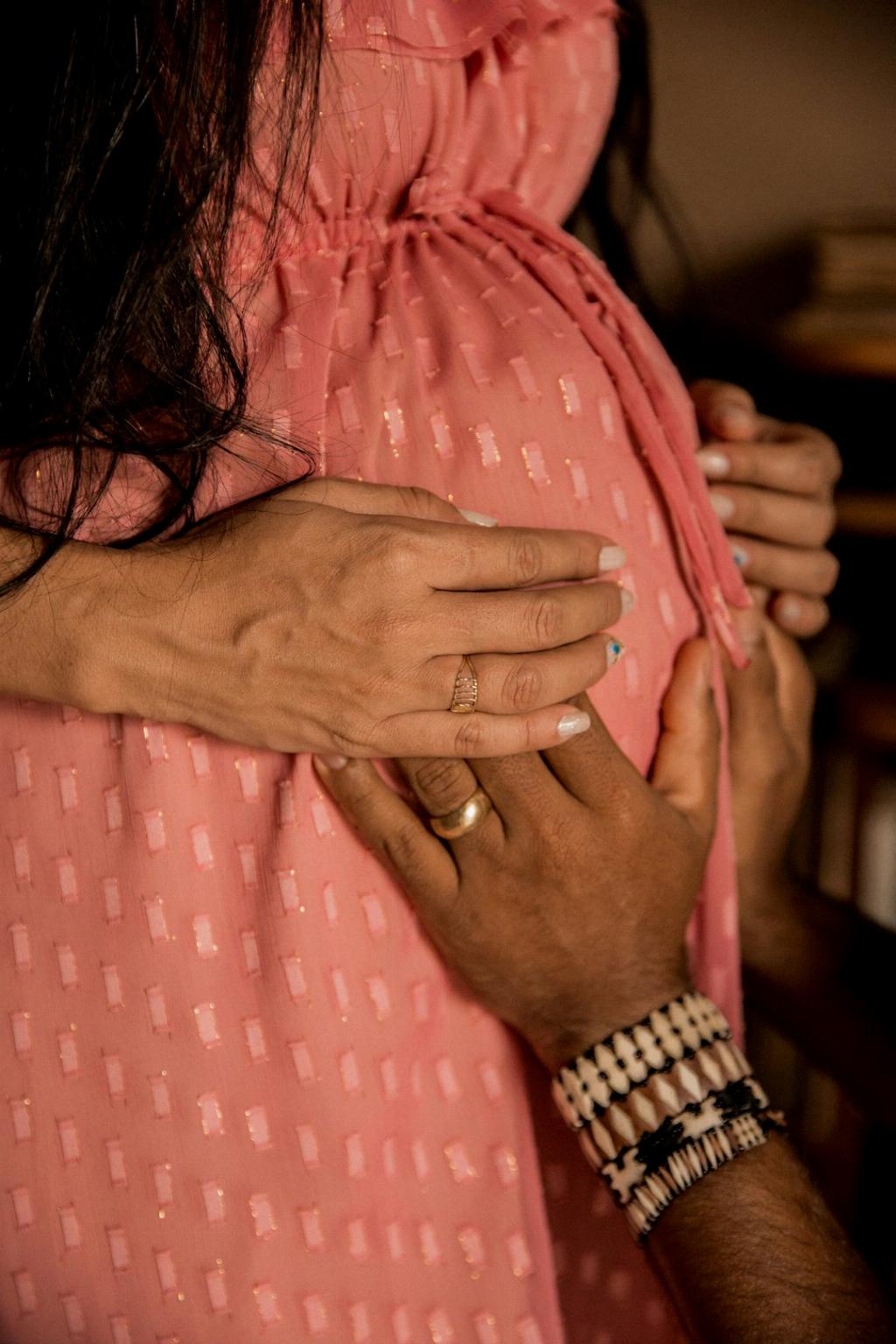Experiencing hip pain while sleeping on your side during pregnancy is a common issue that many expectant mothers face. The discomfort can range from mild to severe, impacting both sleep quality and overall well-being. In this article, we delve into the reasons behind why your hip may hurt in this specific position and offer insights into how to alleviate the pain.
The Role of Prolonged Pressure on the Hip
One of the primary reasons why your hip hurts when you sleep on your side while pregnant is the prolonged pressure exerted on this area. As the weight of the uterus increases throughout pregnancy, lying on your side can compress the hip joint and surrounding tissues, leading to discomfort and pain.
Hormonal Changes and Ligament Loosening
Another contributing factor to hip pain during pregnancy is the hormonal changes that occur in your body. These hormones, such as relaxin, play a crucial role in preparing your body for childbirth by loosening ligaments, including those in the hip and pelvic region. This increased laxity can result in instability and pain when pressure is applied to the hip while sleeping on your side.
Impact of Hip and Pelvis Instability
Hip and pelvis instability is a common issue during pregnancy and can exacerbate hip pain, especially when lying on your side. The loosening of ligaments and the shifting of pelvic bones to accommodate the growing baby can place added stress on the hip joint, leading to discomfort and soreness, particularly at night.
Weight Distribution and Posture
Your changing body shape and the redistribution of weight during pregnancy can also contribute to hip pain when sleeping on your side. Poor sleeping posture, such as inadequate support for your hips and pelvis, can further exacerbate this discomfort. It is essential to pay attention to your sleeping position and use pillows or cushions for added support.
Reducing Hip Pain While Sleeping
There are several strategies you can employ to alleviate hip pain while sleeping on your side during pregnancy. One effective method is to place a pillow between your knees to support your hips and align your spine. This can help reduce pressure on the hip joint and promote better sleep quality.
Choosing the Right Mattress and Bedding
Investing in a supportive mattress and appropriate bedding can also make a significant difference in reducing hip pain during pregnancy. A mattress that conforms to your body’s shape and provides adequate cushioning for your hips can help alleviate discomfort and promote better sleep posture.
Regular Exercise and Stretching
Engaging in regular low-impact exercises and gentle stretching routines can help strengthen the muscles around your hip joint and improve flexibility. This can not only reduce hip pain while sleeping but also enhance overall comfort and mobility during pregnancy.
Consulting with a Healthcare Provider
If you are experiencing persistent or severe hip pain while sleeping on your side during pregnancy, it is essential to consult with your healthcare provider. They can offer personalized advice and recommendations to address your specific concerns and ensure the well-being of you and your baby.
Using Heat or Cold Therapy
Applying heat or cold therapy to the affected hip area can provide temporary relief from pain and inflammation. Using a heating pad or ice pack for short intervals before bedtime can help relax muscles, reduce swelling, and alleviate discomfort, enabling you to rest more comfortably.
Practicing Relaxation Techniques
Integrating relaxation techniques, such as deep breathing exercises, meditation, or prenatal yoga, into your bedtime routine can help alleviate stress, tension, and hip pain. Creating a calming environment and practicing mindfulness can promote better sleep quality and reduce discomfort associated with sleeping on your side.
Conclusion
In conclusion, hip pain while sleeping on your side during pregnancy is a common occurrence caused by factors such as prolonged pressure on the hip, hormonal changes, and pelvic instability. By implementing strategies like using pillows for support, choosing the right mattress, exercising regularly, and seeking guidance from healthcare professionals, you can effectively manage and reduce hip pain, improving your sleep experience and overall well-being throughout pregnancy.

